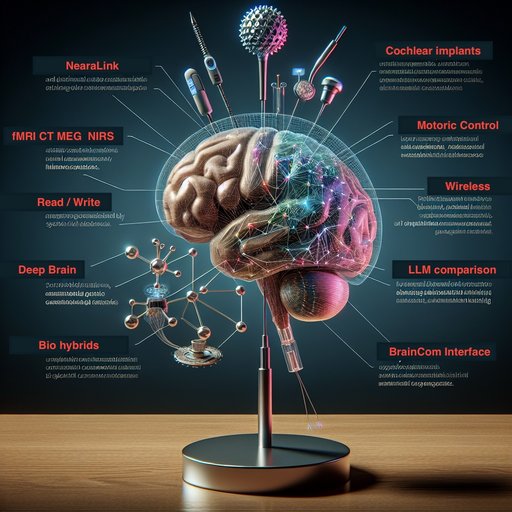- Details
- Written by: Valenenzia Gruelle

How do we preserve knowledge when nothing is permanent? The question, raised pointedly in a recent XDA Developers piece that warns self-hosting shouldn’t be an end state, but a means to resilience, lands at the center of our digitized lives [1]. We are living through a moment when borders erupt into misinformation wars, platforms become battlegrounds over speech, and courts wrestle with the authenticity of digital traces [2][3][9]. And just as this turbulence crests, immersive technologies—virtual reality, augmented layers, synthetic co-presence—are poised to reshape how families, communities, and nations remember together and relate across age. The stakes are clear: if memory is now a moving target, we must learn to carry it with us.
- Details
- Written by: Admin

In our search—and perhaps even dream—to extend the human brain, we must ultimately learn how to both read from it and write to it. We already have technologies that connect our minds to machines in tangible ways. Cochlear implants restore hearing by transmitting sound information directly to the auditory nerve. Brain-controlled prosthetic hands and legs are becoming more common, and speech-assistive devices now allow those without a voice to communicate through thought-driven interfaces. These applications are functional and proven on a large scale, yet they mostly deal with sensory or motor functions. More abstract abilities, such as enhancing memory, improving logical reasoning, or even adding entirely new layers of cognitive function, remain just beyond our reach—but every year we get closer. There are already several paths toward this goal. Wired approaches use electrodes, both large arrays capable of reading or stimulating activity over broad areas of brain tissue, and ultra-small probes like those promised by Neuralink, designed to interface with individual neurons. There are also wireless technologies—ranging from MRI and CT scanning to emerging optical and electromagnetic techniques—that might soon allow us not only to monitor but to directly “write” information into the brain. And then there are biological hybrids: nutrient-rich scaffolds where living brain cells grow on or within a substrate that itself is connected, wired or wirelessly, to an external system. The crucial question is how sustainable the more invasive or hybrid approaches will be. Could they be implanted early in life and remain functional for decades? Or should we already be focusing our ambitions on non-invasive, wireless connections—perhaps something as simple, in appearance, as wearing a “thinking cap”?
- Details
- Written by: Valenenzia Gruelle

The recent layoffs at Tata Consultancy Services (TCS), one of India's tech giants, have sent ripples through the $283 billion outsourcing industry, signaling a massive AI-driven restructuring. While the efficiency gains promised by AI are undeniable, the social and economic impact of such rapid technological adoption raises pressing questions about equity and workforce dignity. The TCS case offers a crucial lens through which to examine the broader implications of automation on work across demographics.
- Details
- Written by: Valenenzia Gruelle

The recent plunge of Gartner's stock by 49% has sent ripples through the tech industry, but beneath the financial tumult lies a more profound narrative about the widening digital divide, particularly for older generations. As companies like Gartner navigate the complexities of AI governance, personalization, and data protection, they inadvertently expose the chasm between tech-savvy users and those left behind—often the elderly. The challenge now is not only to stabilize a faltering stock but to bridge the generational gaps that this digital age exacerbates.












































